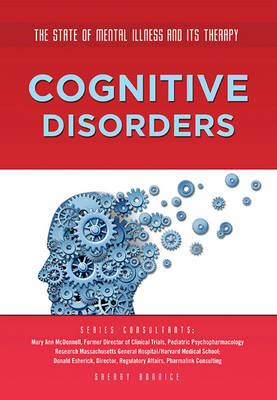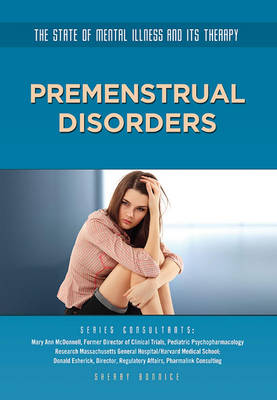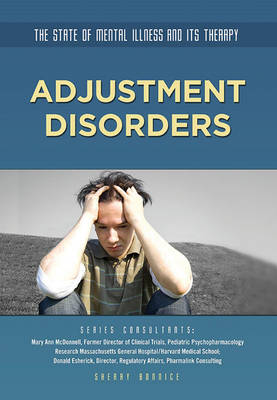The State of Mental Illness And Its Treatment
3 total works
Imagine what it would be like to look at the faces of your family members and friends and not know who they are. How would it feel to wake up each morning and find that another piece of your mind had slipped away? What would you do if you could not remember the simplest things, like whether you should get out of bed in the mornings or how to brush your hair? Cognitive disorders like Alzheimer's disease and other forms of dementia are devastating, not only to the individuals who suffer from them, but to those individuals' families and friends as well. These disorders have become serious topics of research and discussion. Helping patients, caretakers, families, and friends understand what can be done to ease the symptoms of cognitive disorders is a very important part of care. In this book, you will learn about cognitive disorders, what it is like to have them, and how they can be treated. Along the way, you will read about drugs that can help with symptoms like depression, panic, and hallucinations, all of which can be caused by cognitive disorders. In addition, you will learn about some alternative treatments for cognitive disorders and the possible risks and side effects that accompany different forms of treatment. Coauthored by someone who has experience first-hand the early stages of Alzheimer's, this book will give you an up-close view of what can be done to help individuals with these often-devastating forms of mental illness.
Premenstrual syndrome plays a very real role in the lives of adolescent girls and women who suffer from its symptoms. Although this disorder has been misunderstood, undertreated, and disregarded as merely "all in her head," research confirms that PMS is a problem that can cause women to suffer poor relationships, lower academic grades, and physical and mental disturbances. Furthermore, doctors now understand that premenstrual disorders are legitimate medical conditions with real and serious implications for women's mental well-being. In this book you can learn about premenstrual disorders, how they have been unfairly stigmatized, and how they are finally being understood. With new medical understanding has come new treatments. Learn about antidepressants and other medications currently being used to treat serious symptoms of premenstrual disorders. In addition, you can learn about the benefits, risks, and side effects associated with these drugs as well as alternative treatments for premenstrual disorders. While you read, you will share in the experiences of many women from high school to perimenopausal age who have struggled with premenstrual disorders and their effects. In their stories, you will see that due to new understanding and treatments, women experiencing premenstrual disorders no longer need to feel stigmatized or alone.
We all have to deal with stress sometimes. Learning to balance our many responsibilities, adjust to new situations, and handle multiple stresses is part of life. But does this mean that you should feel stressed all the time? What if you always feel overwhelmed? What if you simply can't adjust to a new challenge or situation? When the normal challenges of life cause such extreme emotional turmoil that a person cannot adapt and react appropriately, he may be suffering from an adjustment disorder. Those who suffer from adjustment disorders find it particularly difficult to adapt and function in their daily environments. Perhaps they are dealing with a loss or change in life, such as divorce, moving, a new baby, or an end to a relationship. Perhaps they overreact to minor stresses or have anxiety, depression, or conduct disorders that interrupt their normal life functions. When their inability to cope becomes a mental illness, people need help from medical professionals to gain control of their lives again. In Adjustment Disorders, you will learn about the antidepressants and anti-anxiety drugs available to treat adjustment disorders. Along the way, you will read about the history of psychiatric drugs, how they work, and current treatment methods. You will also read valuable information about what to expect when taking psychiatric drugs, as well as some of the most prevalent alternatives to drug treatment. Sharing the experiences of young people as they cope with divorce, disappointment, moving, depression, and anxiety may help you understand how such changes can affect your life as well...and where to turn if your reactions to these changes get out of control.


